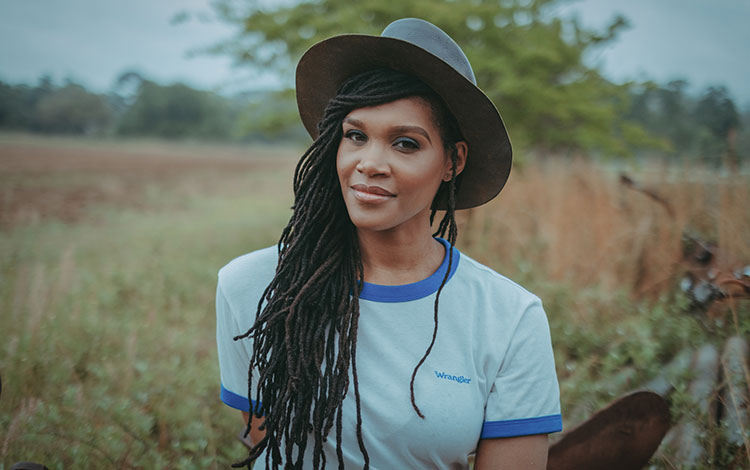7 Youth-Targeted Movements Strengthening
Relationships to Farming
Feature by Candace Dantes | Photos courtesy of Black Farmers’ Network
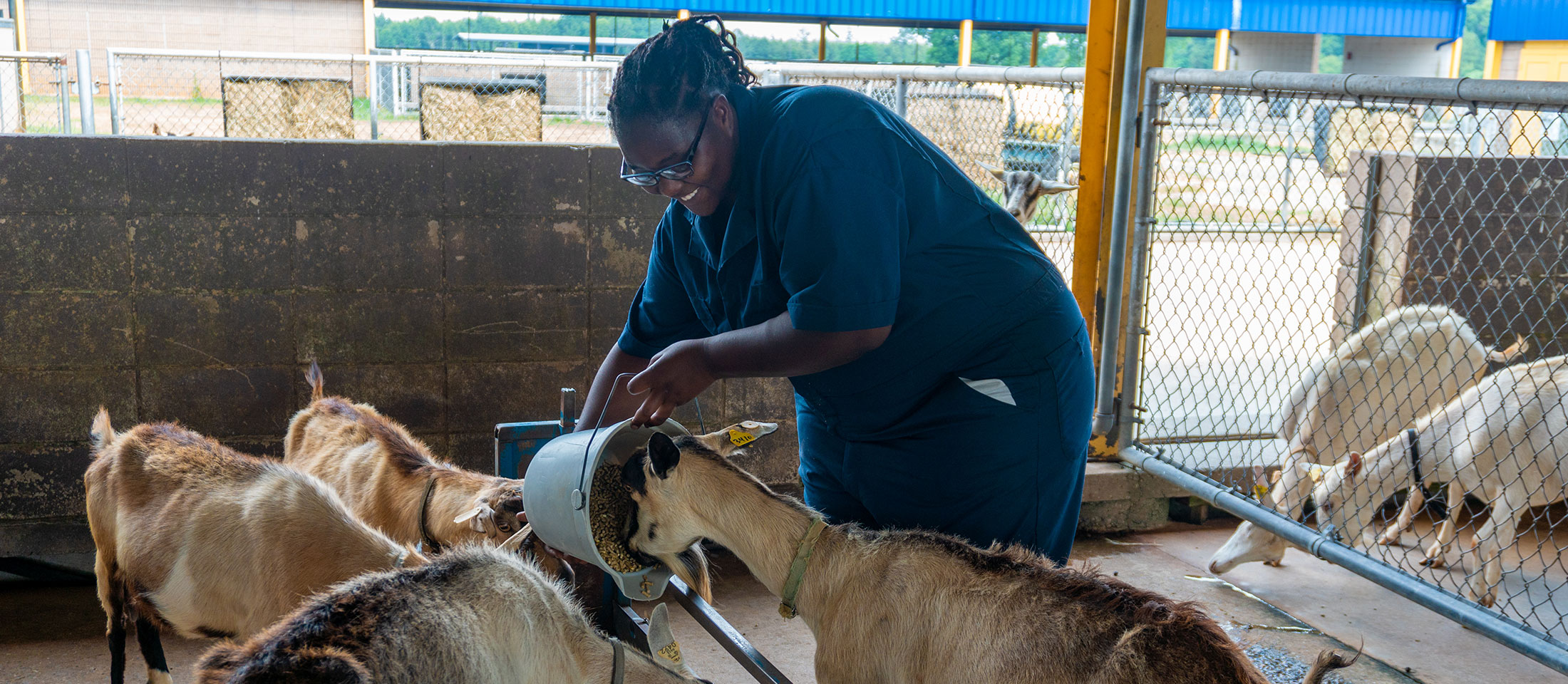
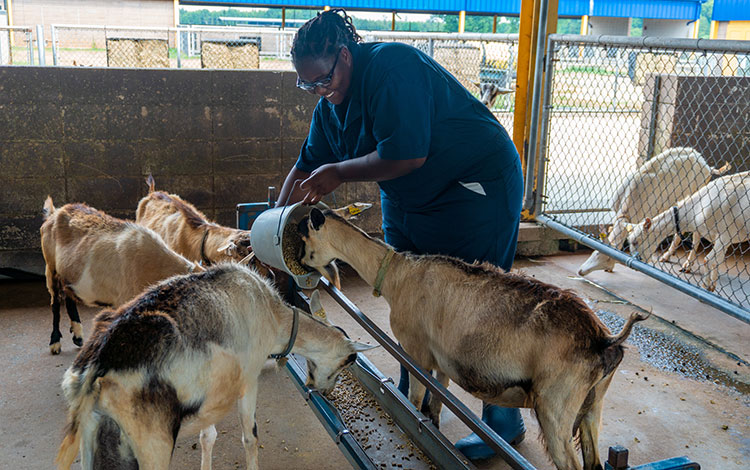
Manrrs collaborates with institutions of higher learning to prepare students for outdoor industry and agriculture career paths. Photos Courtesy of Black Farmers’ Network
Agriculture scientist, plant doctor and tech inventor George Washington Carver framed it best in terms of community and service leadership.
"Education, in the broadest of truest sense, will make an individual seek to help all people, regardless of race, regardless of color, regardless of condition."
Carver demonstrated this message through his Tuskegee University students and with area producers.
The groundbreaking educator developed crop-rotation solutions to help poor, rural Southern farmers. A substantial portion of his research taught farmers how to apply what’s known today as "regenerative agriculture" – farming that balances with nature to sustain produce and livestock.
Carver's studies triggered decades of syllabi and societies to pay farming knowledge forward.
These operations are making advancements to acquaint Gen Z and Alpha generations to urban and rural farming practices. Living out farm-based education and conservation in neighborhoods worldwide.
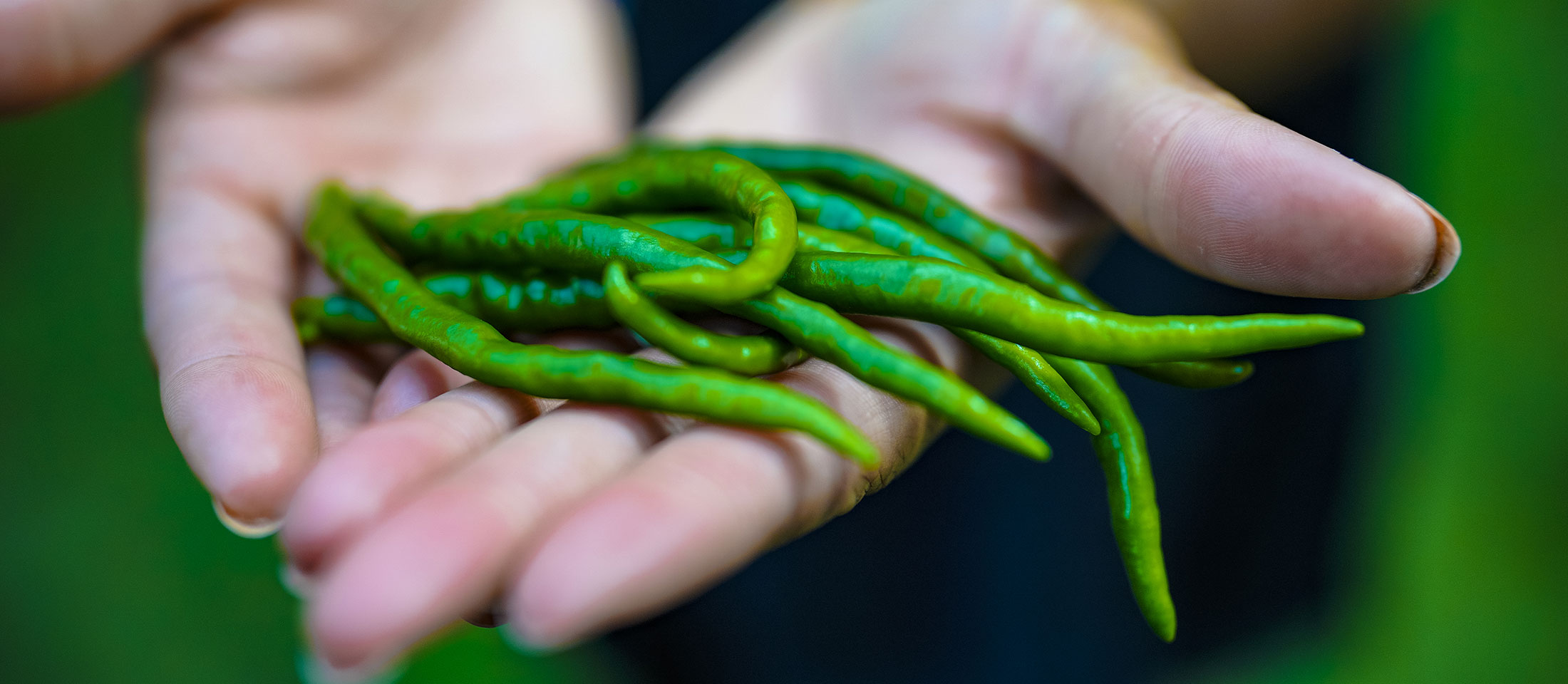
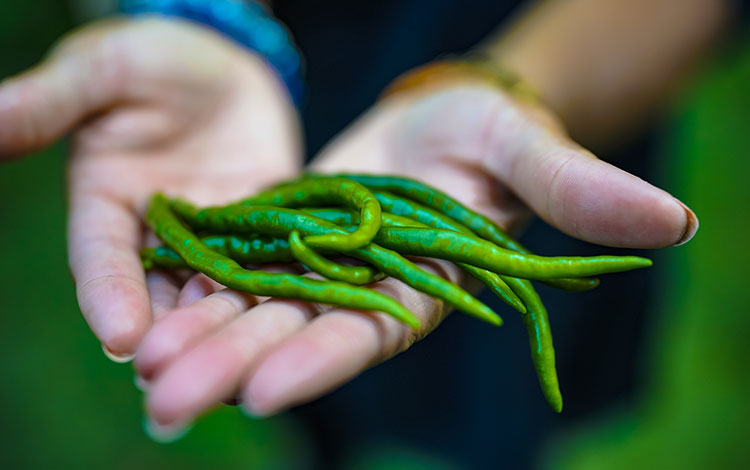
Georgia Organics offers a Farm to School program that promotes school nutrition throughout the state. Photos Courtesy of Black Farmers’ Network
Georgia Organics
This member-championed, nonprofit organization offers direct support to organic and small farmers. Since the 1970s, The Atlanta-headquartered outfit connects organic food from Georgia farms to families. Two of Georgia Organics’ hallmark programs assist schools by providing good food to cafeterias and classrooms. Nationally recognized Farm to School and Farm to Early Care teach school nutrition. Other campaigns that align with these two initiatives include October’s Farm to School Month and Golden Radish Awards – both formed to continue celebrating and teaching students the importance of growing and investing in healthy, local food.
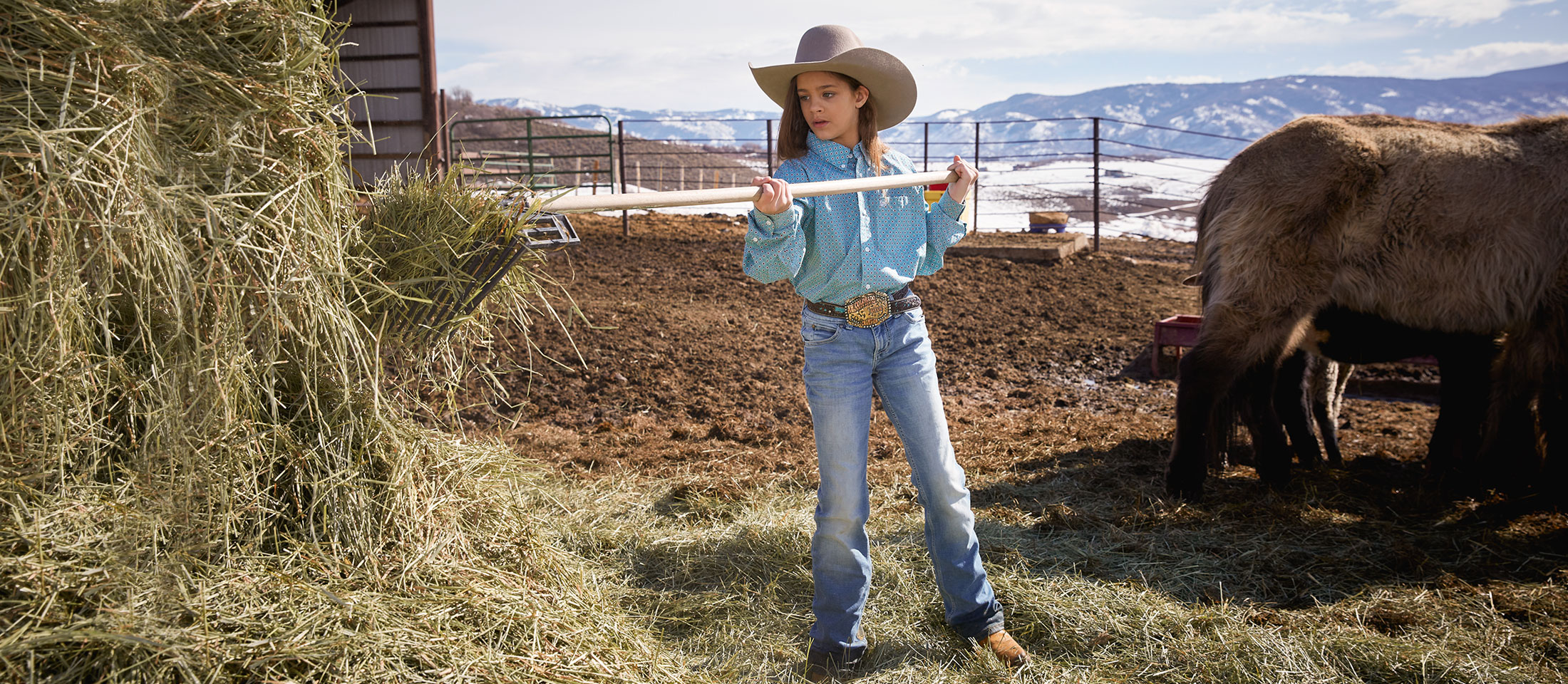
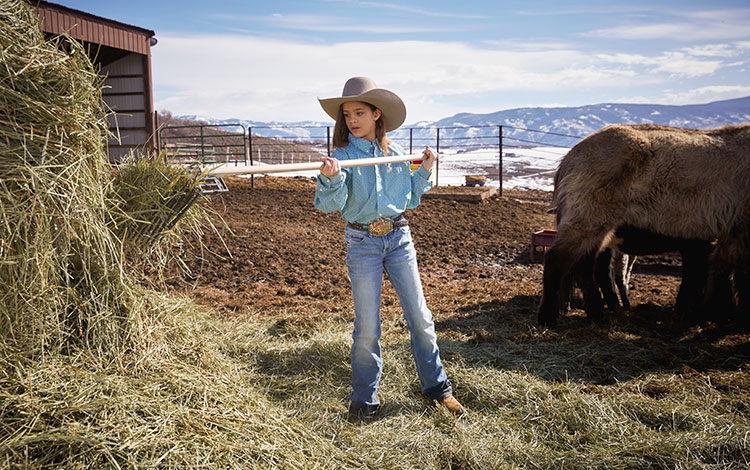
Greening Youth Foundation
The international group is a launchpad for young adults and underserved youth to tap into outdoor conservation and careers. Its series of cultural and environmental education programs are designed to develop outdoor stewardship and nature conservancy skills. These experiences help guide youth into environmental-related employment opportunities. From community initiatives in the states to West Africa, Greening Youth Foundation’s compelling partnerships with Historically Black Colleges & Universities, and local, state and federal outdoor agencies prepares future nature caretakers for global leadership roles.
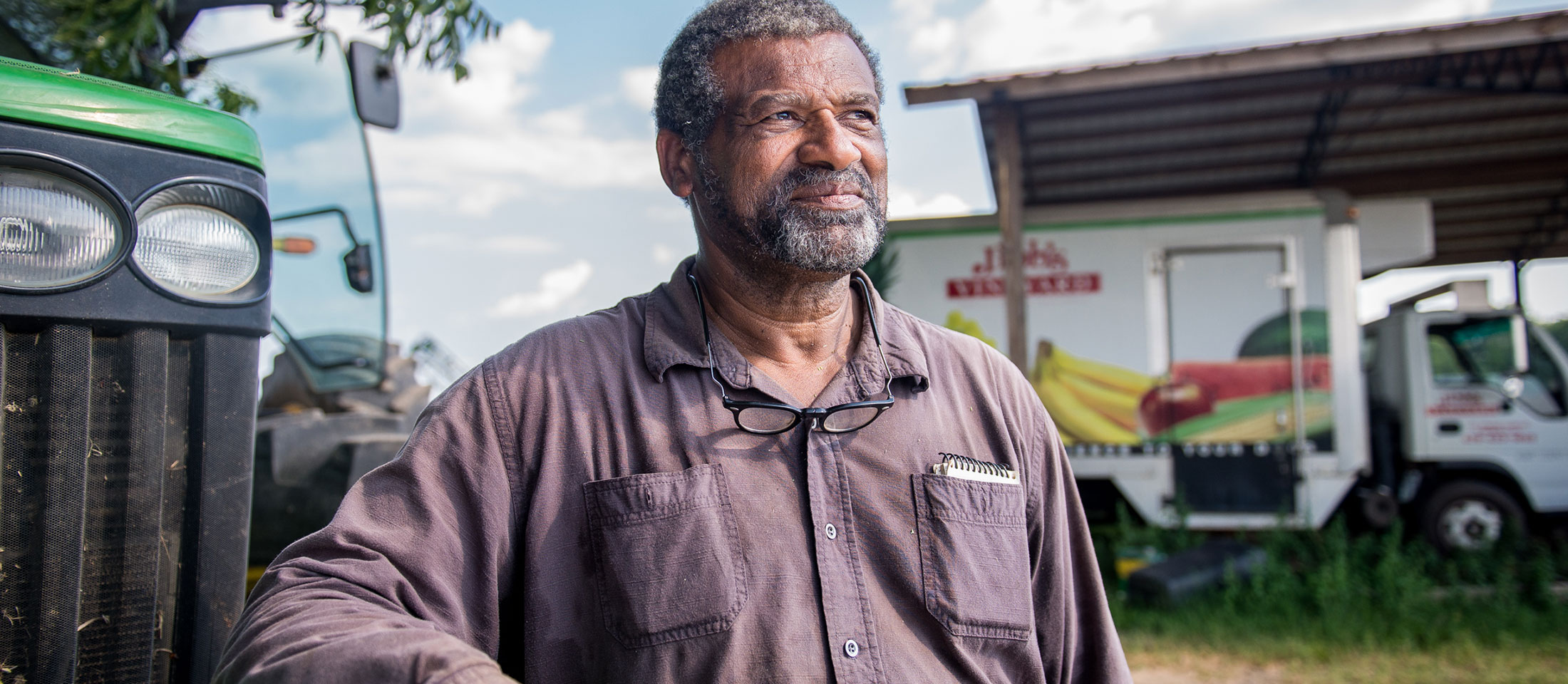
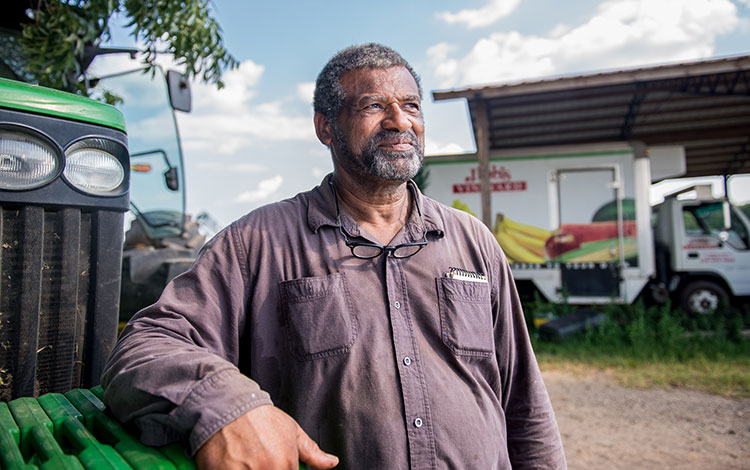
Howard James of Jibb’s Vineyard educates local K-12 students of where their groceries originate from. Photos Courtesy of Black Farmers’ Network
Jibb’s Vineyard
Owned and operated by 65-year-old farmer Howard James, Jibb’s Vineyard is a 1,000-acre ag delight for u-picking and sampling Georgia muscadines. Guests journey from abroad to experience this Dooly County agritourism site. During the county’s academic year, K-12 students bus trip to the vineyard, learning firsthand from James starter tips to growing muscadines and other popular Southern crops: peaches, grapes, persimmons, and watermelons. As a National Black Growers Council member, James opens his property as a pit stop to the council’s annual Georgia Model Farm Tour.
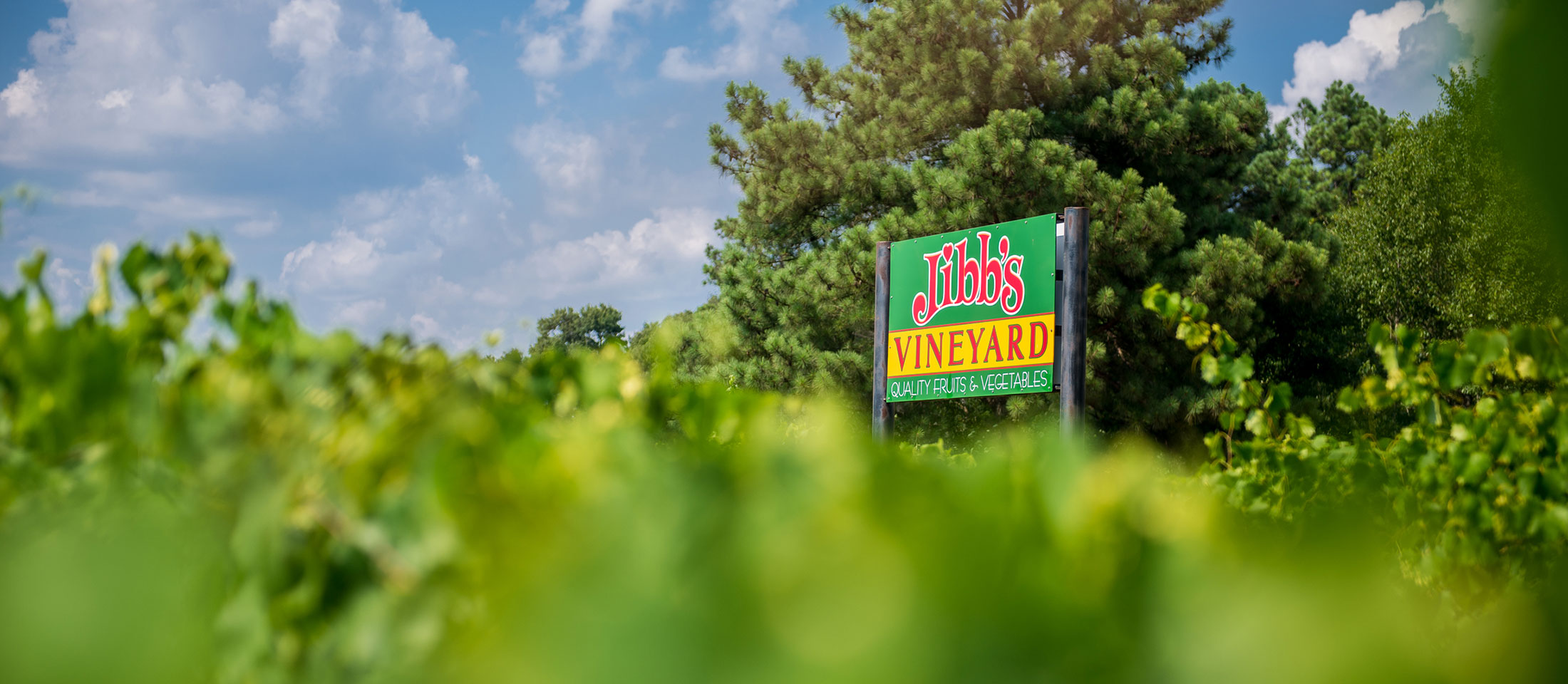
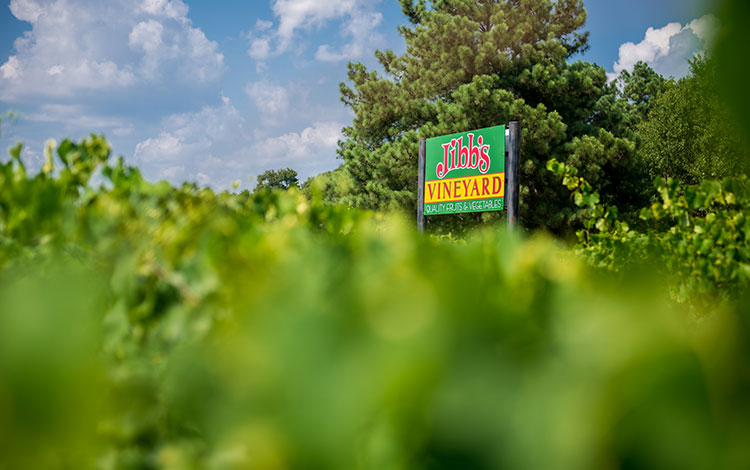
Jibb’s Vineyard is a 1,000-acre educational and agritourism u-pick site in South Georgia. Photos Courtesy of Black Farmers’ Network
Manrrs
The national society and nonprofit established at Michigan State University in 1982. Its assignment: develop an academic and professional network for “minorities in agriculture, natural resources and related sciences.” From grades seventh through 12th to college students, Manrrs’ membership stretches America, developing youth in service, leadership and scholarship. The society includes more than 55 chapters at universities and colleges. Each nurtures relationships that start in the classroom and extend to real world ag and outdoor sectors. Manrrs provides networking, professional development and career placement with academic institutions, private industries and government agencies.
National Young Farmers Coalition
At the intersection of justice and a shared liberation of farm and food systems, the coalition presses policies. Specifically ones that support equitable connections to land and health for newer generations of working producers. Partnering with social justice movements that uphold human rights to food, the grassroots network is linked by farmer-led chapters nationwide. Roughly 45 of them. Topics the coalition tackles and gives voice to: policy change; water and land access; labor and immigration justice; climate action; agripreneurship opportunities; and U.S. Department of Agriculture accountability and access.
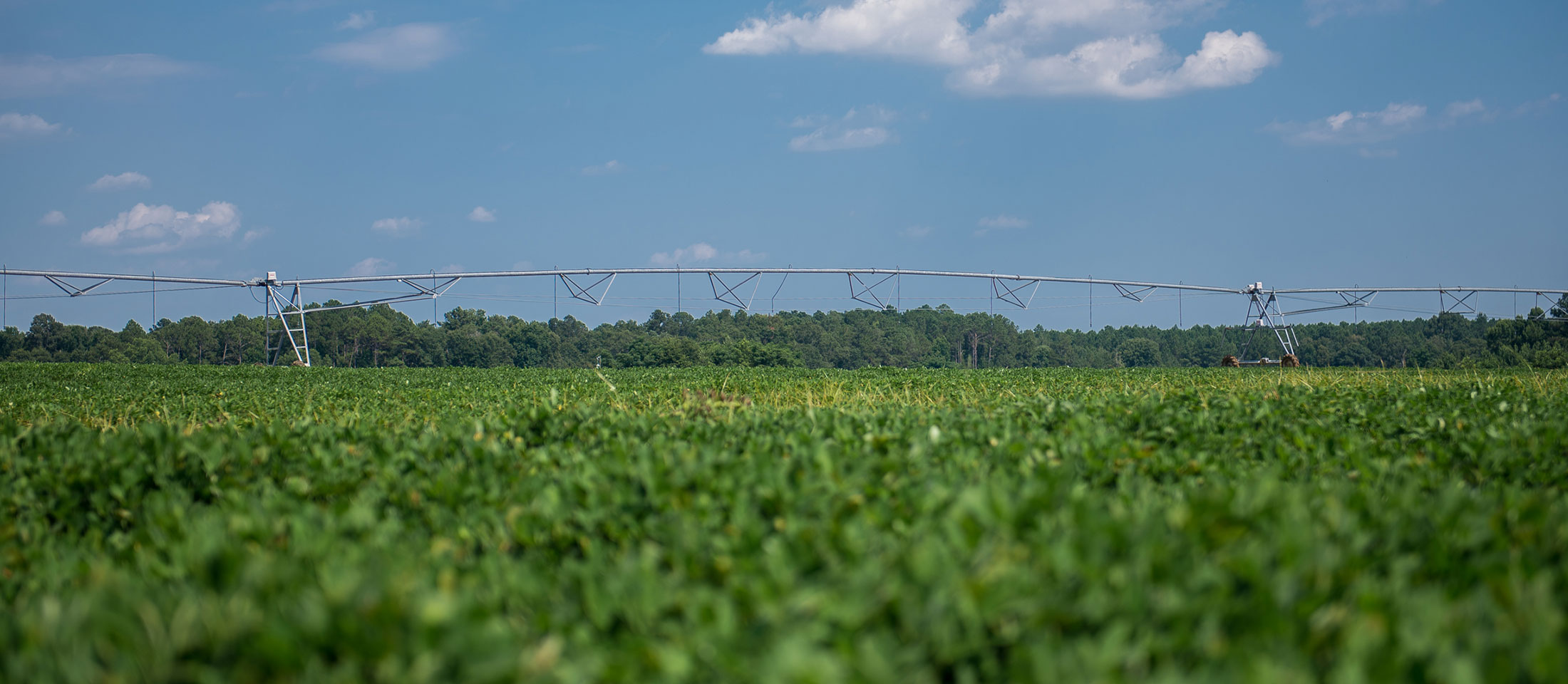
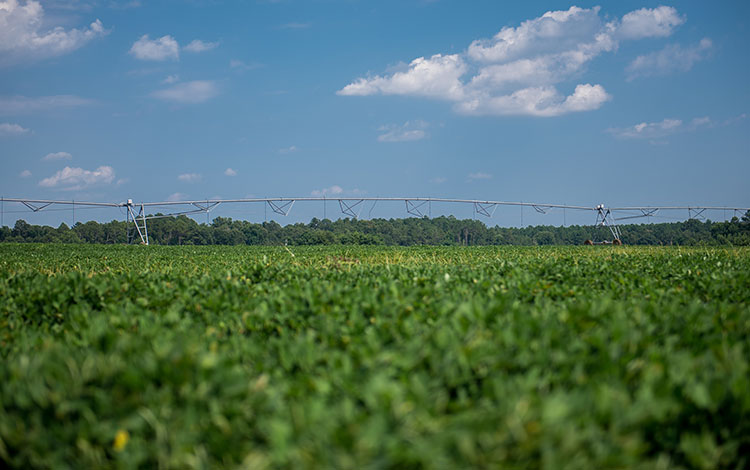
National Young Farmers Coalition works to address the challenges of next-gen producers. Photos Courtesy of Black Farmers’ Network
Southern African American Farmers’ Organic Network
This particular network directs farming efforts on agroecology and alternative food systems. “SAAFON” for short, the nonprofit emerged in 2006 in America’s Southeast Region. It teaches the next generation of heritage and small organic farmers sustainable practices to land management and livestock raising. SAAFON farmers represent the U.S. Virgin Islands and states including Alabama, Florida, Georgia, Louisiana, Maryland, Mississippi, North Carolina, South Carolina, Tennessee and Virginia. Led and centered by modern farmers, the network leans into ancestral techniques and traditional storytelling to present-day husbandry.
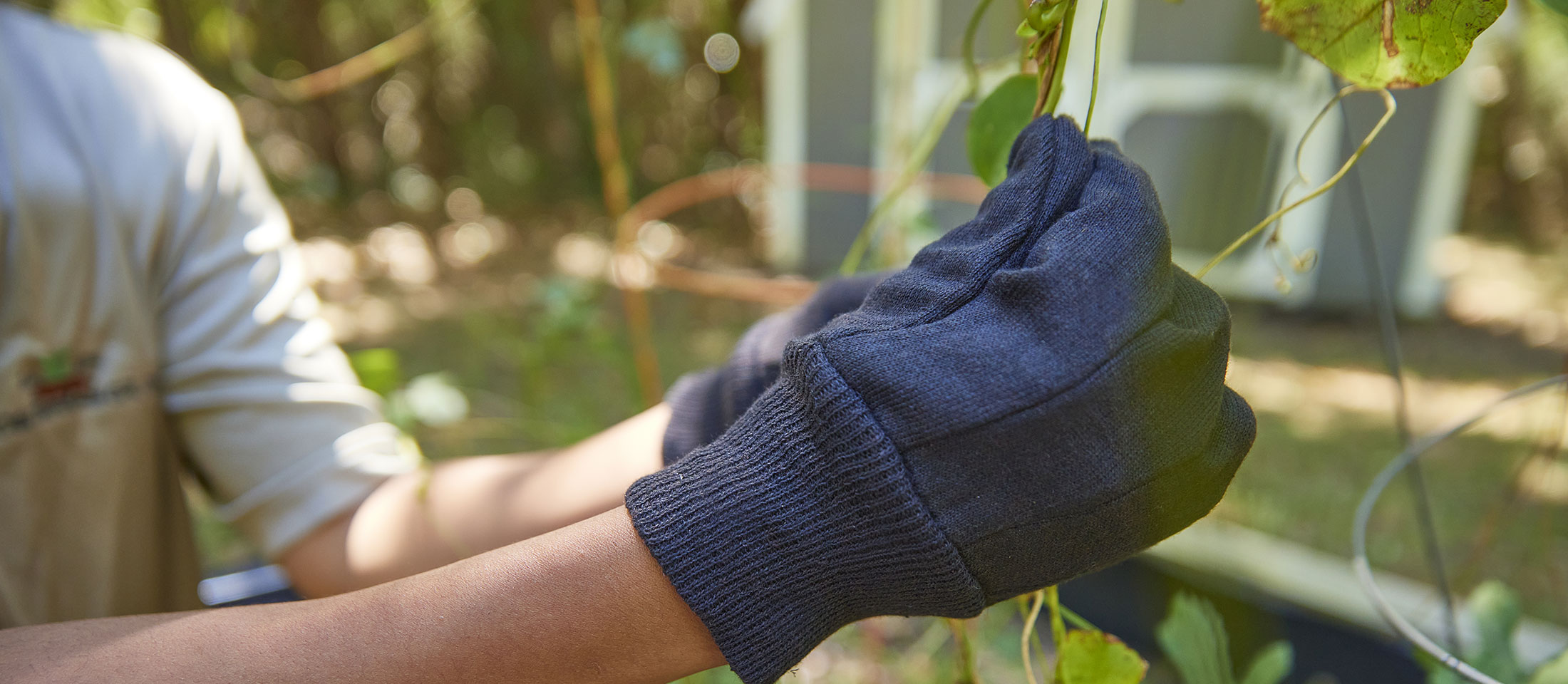
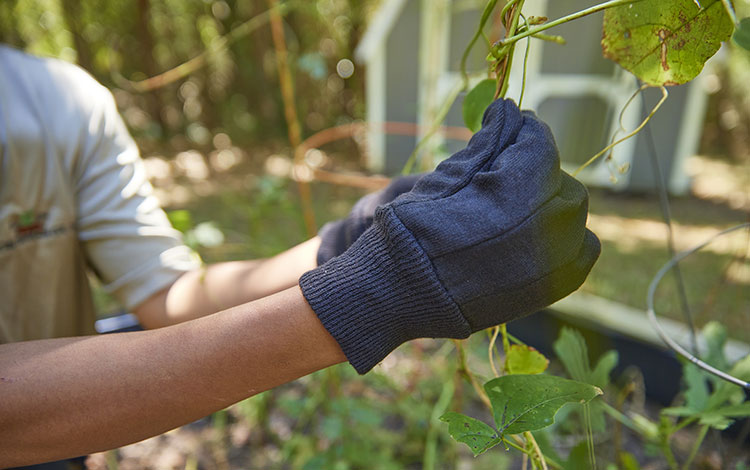
SAAFON aims to transfer ancestral knowledge of land stewardship to younger generations. Photos Courtesy of Black Farmers’ Network
This Old Farmhouse GA
The 2-acre agritourism destination is the state’s only nonprofit museum family owned and operated by three generations of African-American women. Also a farmstead and cultural heritage center, This Old Farmhouse GA documents Franklin, Georgia’s self-sufficiency and agrarian stories. Narratives of sharecroppers, small-scale landowners and tenant farmers of the 20th century. Designed to preserve local history for future generations, the rural waypoint takes school-age visitors back to a period when women and children held compound survival roles in the Deep South. Mother-daughter duo Tammy and Kiyah Harris educate guests about traditional and contemporary homesteading lifeways. In addition to property tours, on-site classes range from foraging 101, candle crafting and bread baking to cooking with cast iron and hand sewing.
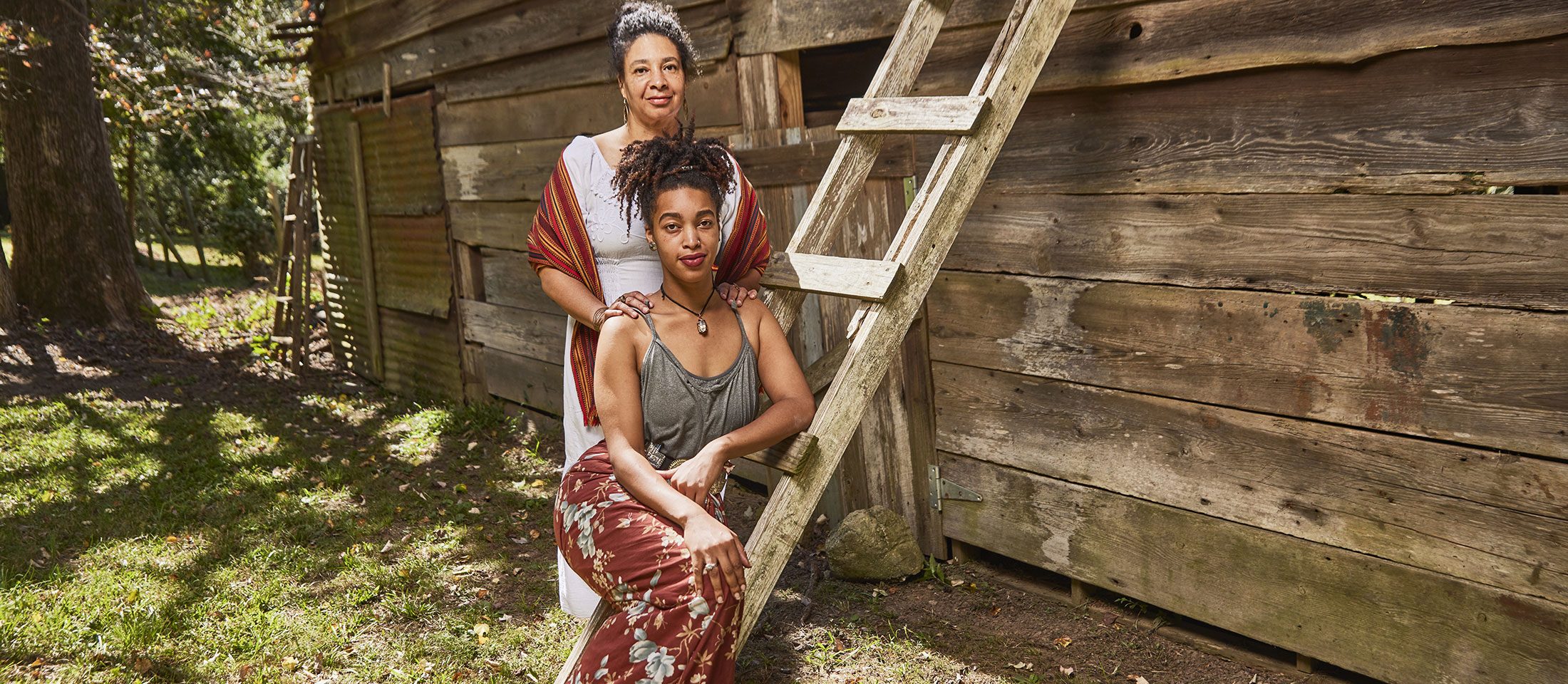
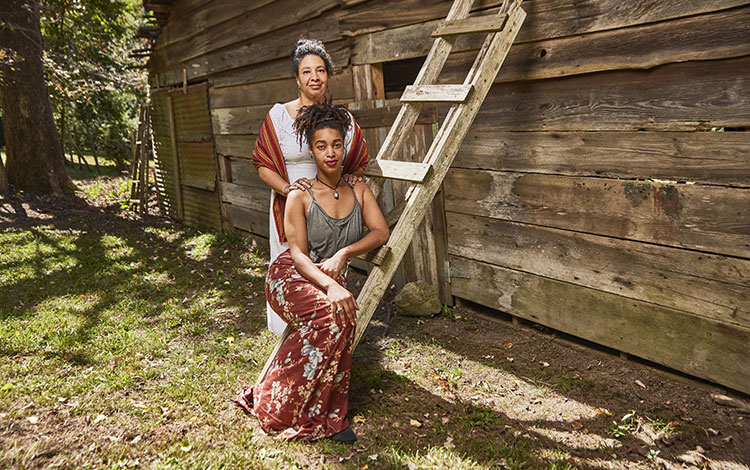
Mother Tammy Harris and daughter Kiyah Harris teach traditional and newer homesteading lifestyles to This Old Farmhouse GA guests. Photos Courtesy of Black Farmers’ Network
About Justin’s contributing writer
Candace Dantes is a fourth-generation farm girl and award-winning journalist based in the Georgia Black Belt Region. Currently, the print-to-digital content creator serves as communications director for national not-for-profit Outdoor Afro. She also served as project manager and education journalist for the U.S. Department of Agriculture research grant Black Farmers’ Network.

